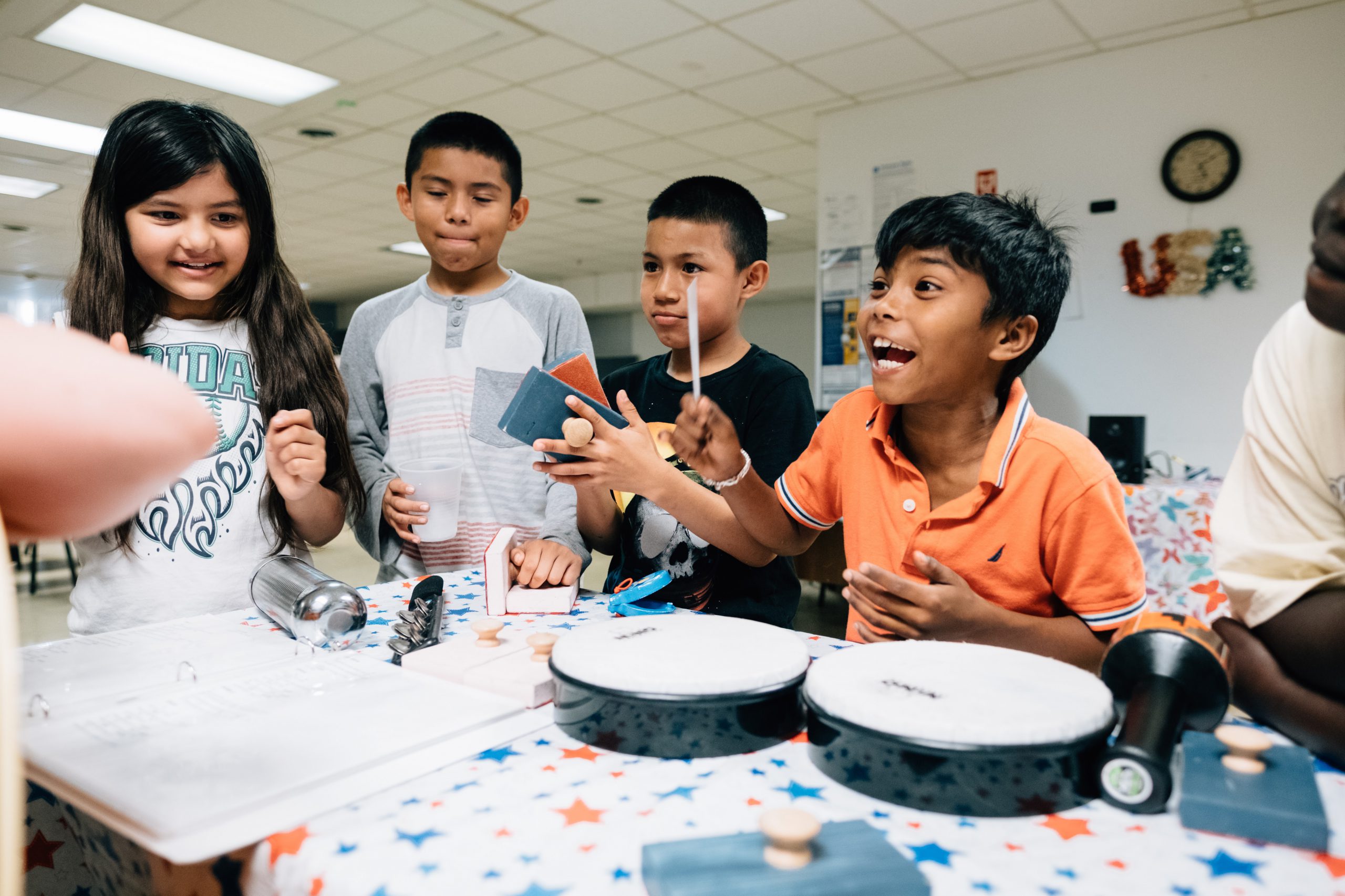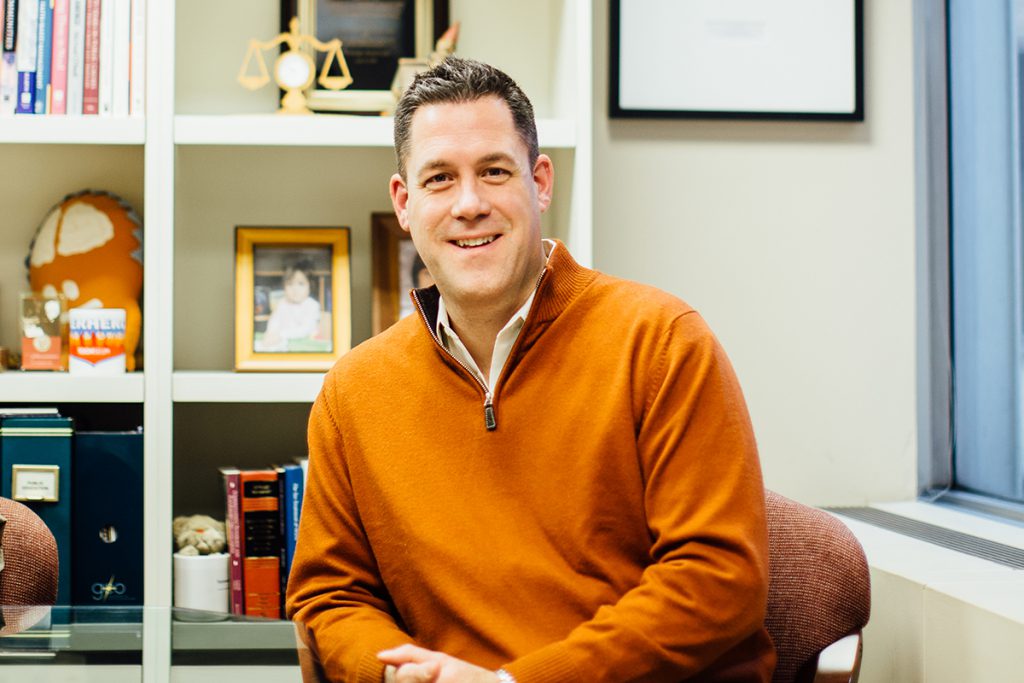Big Change recently released the Reimagining Education Together report. A key part of that report is a framework for leading transformative projects. After speaking to pioneers of educational change projects around the world, we identified seven attributes of change that they all shared, whether they were leading change at school, region or national level. In this blog series Tom Kenyon takes a deep dive into each step.
Representative Alliance:
Actively engage with players from diverse disciplines, building on the energy of the willing and grappling with the challenges of sceptics
None of the pioneers we spoke to during the research of Reimagining Education Together worked alone. They made change happen by forging alliances with different groups – stakeholders with different needs and priorities. In the previous blog we spoke about a unifying mission. There’s crossover here, but while a mission is enough to get different parties in a room, figuring out how you work together, amplify each others’ ambitions and maintain momentum is another story. The report identified three principles of convening and building alliances:
1) Actively convene and listen to the needs of potential allies
2) Stakeholders will act in their own interests. Always think about ‘what’s in it for them?’
3) A ‘coalition of the willing’ allows you to build a moment but continue to engage with sceptics
One of the Case studies we highlighted in the report was Remake Learning in Pittsburgh. Remake Learning is built on the principle that no one organisation alone can transform teaching and learning to better serve today’s young people, so Remake Learning helps bring them together. This network of 700 organisations started, very simply, over a pancake breakfast, trying to solve a problem of connection with students.

Gregg Behr led the creation of Remake Learning and describes how it grew out of a simple series of breakfasts:
“I was meeting with teachers, I was meeting with librarians, I was meeting youth workers, and something that I heard them say repeatedly, unprompted, that was simultaneously seemingly normal and yet obviously gave me great pause, and that is, I heard people say again and again: ‘I’m just not connecting with the kids in my classroom or the kids in my library, the way I used to’.
So we started to rethink our support for learning differently; support for teachers, for professional learning, for all of those out-of-school time spaces that we were supporting across the community, mindful that kids spend 80% of their waking hours outside of a school building.
It literally was a series of pancake breakfasts that I pulled together. There was a teacher, there was a librarian, a technologist, a roboticist, an artist, and it was just one of those conversations – selfish on my part – trying to articulate for others what I think I was hearing and if it resonated in any way. And it resonated powerfully.
Everyone at that table – there was about a dozen of us, over coffee and pancakes at a great local place – said ‘I can imagine two or three people I’d like to bring into this conversation’. It just started to snowball from there.
Fast forward to where we are now – more than 500, maybe even 700, schools and organisations – museums, libraries, after school centres, early learning centres, higher education, creative industry companies – all consider themselves as belonging to the Remake Learning network. Thousands of individuals. Really some profound changes about learning, what constitutes learning, and how learning is supported in this region.”

Gregg describes the importance of providing multiple ‘front doors’ or ways in for partners to walk through: “You want to make it as easy as possible for as many actors as possible to be part of the movement. I think that’s part of the key for making change – making it easy for people to do something that is otherwise hard.”
Remake Learning continues to reach out, build partnerships and grow. In April and May this year they are working with national partners such as PBS and Digital Promise to roll out Remake Learning Days in over 1000 US locations, hoping to inspire new learning eco-systems and local alliances in cities across the nation.
Learn more about Gregg and Remake Learning’s journey here.
